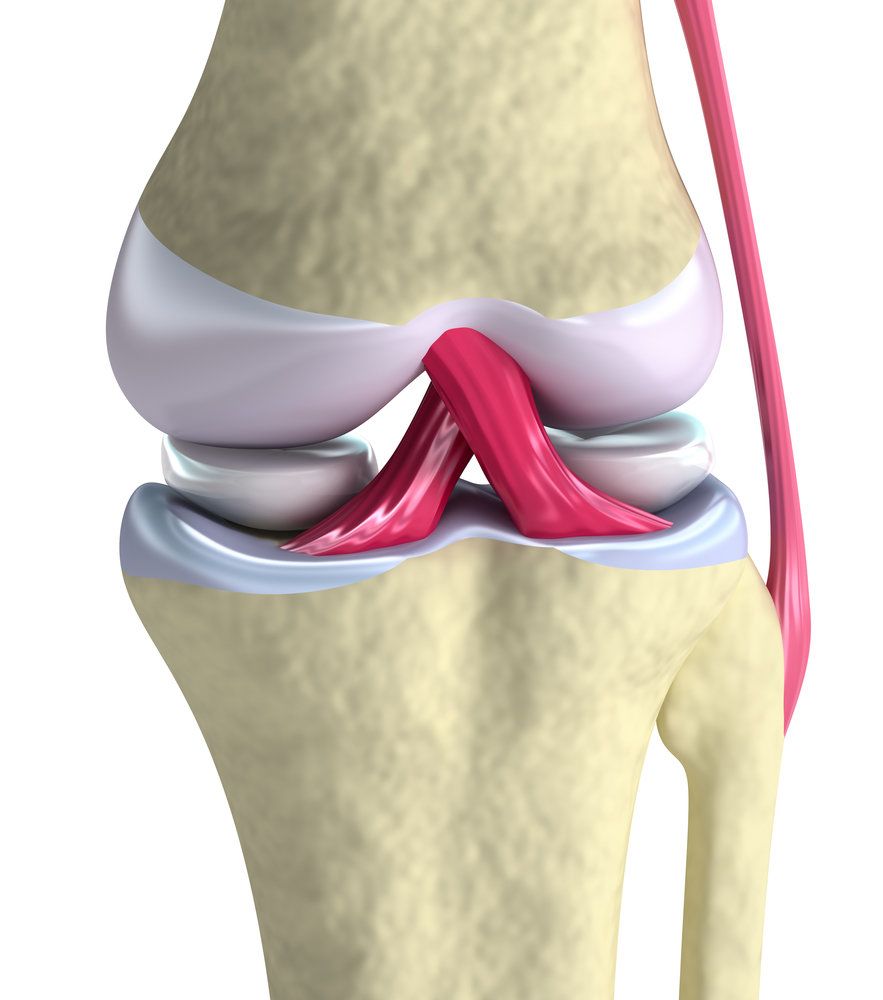Bariatric Surgery Can Help Relieve Joint Pain and Arthritis
 There are many compelling reasons to consider undergoing bariatric surgery. Many of the patients who come to Tijuana Bariatrics undergo weight loss procedures in order to achieve a healthier weight and to prevent or treat obesity-related conditions, such as heart disease, hypertension, diabetes, and so forth.
There are many compelling reasons to consider undergoing bariatric surgery. Many of the patients who come to Tijuana Bariatrics undergo weight loss procedures in order to achieve a healthier weight and to prevent or treat obesity-related conditions, such as heart disease, hypertension, diabetes, and so forth.
Joint pain and osteoarthritis are common problems among people who are overweight, obese, and morbidly obese. Let's take a moment to consider why this is the case.
Obesity and Joint Pain: Understanding the Link
There's a common sense link between obesity and future issues with joint pain. Essentially, if you are overweight or obese, you place far more strain on your joints given your added body mass. Over time, this can lead to osteoarthritis and other issues with the health of your joints.
The Numbers Don't Lie
Studies have found numbers to back up this correlation between obesity and arthritis. Someone who is obese is 60 percent more likely to suffer from arthritis later in life than someone who maintains a relatively normal weight.
With the increased rate of obesity among the population at large, trends regarding obesity-related arthritis can be seen. Back in 1971, obesity-related arthritis comprised just 3 percent of osteoarthritis cases. By 2002, obesity-related arthritis made up 18 percent of osteoarthritis cases.
How Serious Can the Problem Get?
Pretty serious. When arthritis seriously impacts the health of your knee or hip, it may be necessary to undergo joint replacement surgery simply to get around as you normally would.
Studies found that when it came to knee and hip replacements, 72 percent of these patients suffered from obesity. It makes sense. For every extra pound of body mass in excess of a normal weight range, there are four extra pounds of pressure placed on the knees. If a person is 50 pounds over weight, that means 200 pounds of pressure on the knees; if a person is 100 pounds overweight, that means an extra 400 pounds of pressure on the knees.
Weight Loss Can Alleviate Arthritis and Joint Pain
A medical study noted that if an overweight woman in their test group lost just 11 pounds, they reduced their risk of developing osteoarthritis in the knee by half.
Given that a loss of just a few pounds can significantly decrease your chances of developing osteoarthritis of the knees, it should come as no surprise that bariatric surgery can reduce your chances of developing joint pain. Bariatric surgery can help patients lose a significant amount of excess body mass.
By the end of the first year after surgery, you are likely to have lost 100 pounds or more. Results can vary, but consider how much stress this amount of weight takes off of your knees and hips.
Other Means of Preventing Osteoarthritis and Joint Pain
Bariatric surgery is about major lifestyle changes that promote wellness, which is why a healthy diet and regular exercise is encouraged for people who have undergoing surgery. This promotes lasting weight loss while also building strength through the body, which can promote joint health.
To further improve the health and condition of your joints, consider wearing shoes that offer proper support and turning to orthotics if needed. You should also be mindful of actions that cause your joints pain, and consult a doctor about the best approach to dealing with these matters.
Learn More About Treating Obesity-Related Conditions
For more information on how weight loss surgery can address various obesity-related health problems, be sure to contact our team of bariatric surgery experts today. Our team looks forward to your visit and discussing these matters in greater detail.




